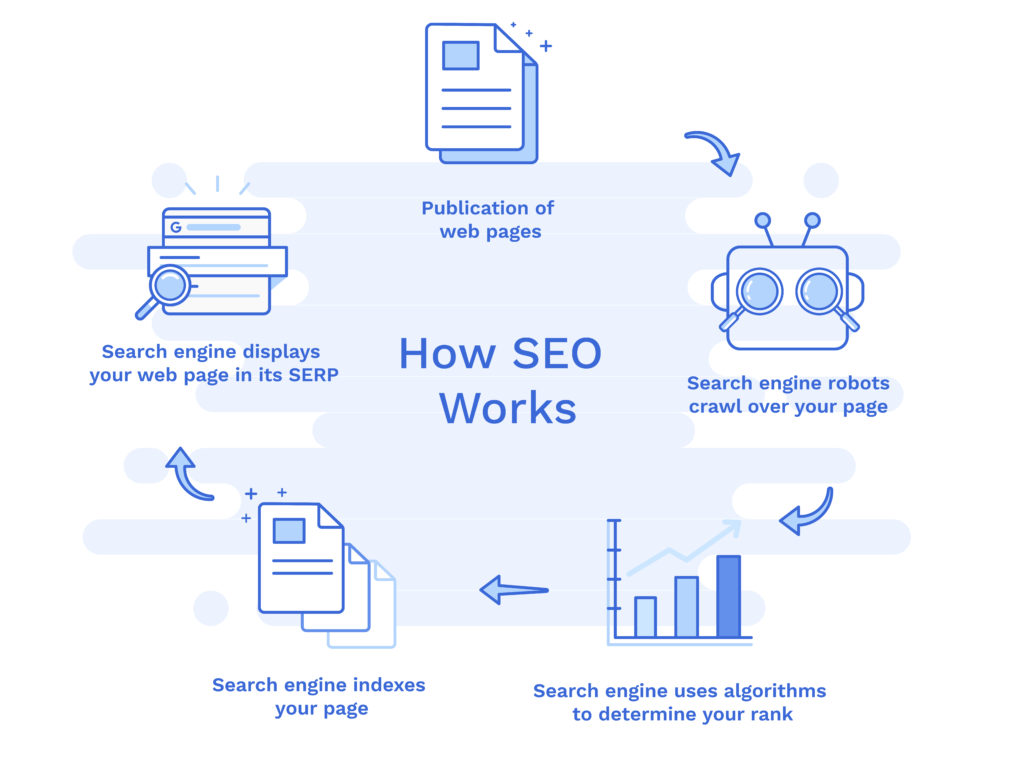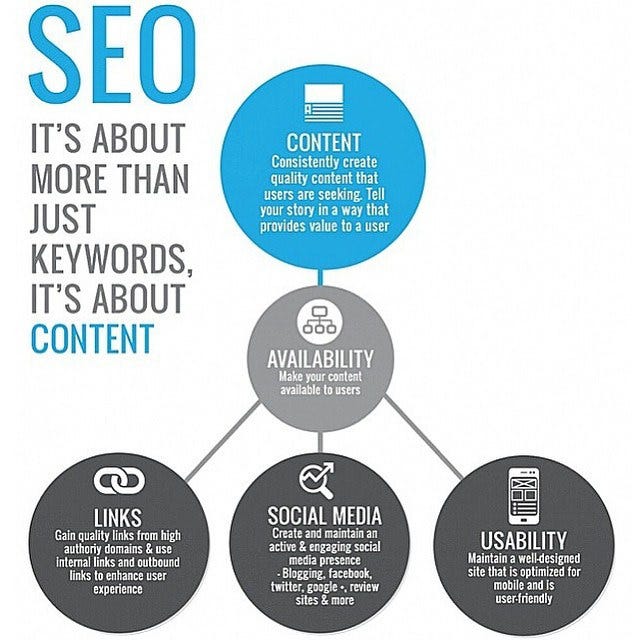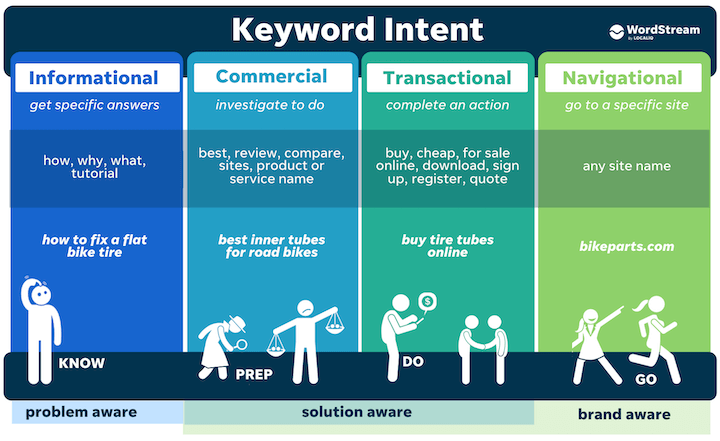Learn the secrets behind SEO in a way that even beginners can understand and implement for better website visibility.

Image courtesy of via DALL-E 3
Table of Contents
Introduction to SEO
Search Engine Optimization, commonly referred to as SEO, is a crucial concept for websites to understand. Essentially, SEO is the process of optimizing your website so that it appears higher in search engine results when users search for relevant topics. Think of it as enhancing your website to make it more visible and accessible to those looking for information online.
What is SEO?
SEO stands for Search Engine Optimization. It involves making specific adjustments to your website’s content, structure, and overall setup to improve its visibility on search engines like Google. By utilizing SEO techniques, you can attract more visitors to your site and increase its chances of being found online.
Why is SEO important?
SEO is important because it helps your website stand out in a sea of online content. When your site is optimized for search engines, it is more likely to appear on the first page of search results, making it easier for users to find you. In other words, SEO helps connect your website with the right audience who is actively searching for what you have to offer.
How Search Engines Work
Search engines like Google, Bing, and Yahoo are like super-smart librarians on the internet. They help us find information by organizing websites and showing us the most relevant ones when we search for something.
How Do Search Engines Find Websites?
Search engines use tiny computer programs called crawlers to explore the web. These crawlers visit websites, read their content, and collect information to create a big index. It’s like the search engine’s huge book of websites!
How Do Websites Rank?
When you type something into Google, it quickly looks through its index to find all the websites related to your search. To decide which websites to show first, Google uses special formulas called algorithms. These algorithms consider things like the quality of the content, how often the website is updated, and whether the website has links from other websites.
Keywords and Their Importance
In the world of Search Engine Optimization (SEO), keywords play a vital role in helping search engines like Google understand what your website is about. Keywords are specific words or phrases that people type into search engines to find information on the internet. For example, if someone is looking for the best pizza in town, they might type in “best pizza near me” as their keyword.

Image courtesy of www.photoup.net via Google Images
Why Are Keywords Important?
Keywords are like the secret code that unlocks your website’s potential to appear in search results when someone searches for relevant information. By including the right keywords in your website content, you can help search engines match your site with what users are looking for. This means that using keywords effectively can make your website more visible to people searching for products, services, or information you offer.
How to Choose the Right Keywords?
When selecting keywords for your website, it’s essential to think about what words or phrases your target audience would use to find your content. Conducting keyword research can help you identify popular and relevant keywords that align with your website’s goals. Tools like Google Keyword Planner can assist you in finding the most effective keywords to include in your content to boost your SEO strategy.
On-Page SEO Techniques
Creating high-quality content is one of the most important aspects of on-page SEO. Search engines like Google prioritize websites with valuable and relevant content for users. By crafting engaging and informative content, you can attract more visitors to your website and improve your search engine rankings.
Meta Tags and Descriptions
Meta tags are snippets of text that describe the content of a web page. They are not visible on the page itself but are important for search engines to understand the context of your content. By optimizing meta tags such as title tags and meta descriptions, you can improve the click-through rate from search engine results pages (SERPs).
Header Tags
Header tags, also known as H1, H2, H3, etc., are used to structure the content on your web pages. Search engines use header tags to understand the hierarchy and importance of your content. By using relevant keywords in header tags, you can signal to search engines what your page is about and improve its visibility in search results.
Off-Page SEO Techniques
When it comes to improving your website’s visibility on search engines like Google, off-page SEO techniques play a significant role. These are actions taken outside of your website to boost its search engine ranking. Let’s explore some of the key off-page SEO strategies that can help elevate your site’s online presence.

Image courtesy of reputationdefender.medium.com via Google Images
What Are Backlinks?
Backlinks are links from other websites that direct traffic to your site. They serve as a vote of confidence and credibility for your content in the eyes of search engines. The more quality backlinks you have, the higher your website is likely to rank in search results.
Social Media
Social media platforms are not only great for connecting with your audience but also for enhancing your website’s SEO. By sharing your content on social media channels and engaging with users, you can drive more traffic to your site. Additionally, social signals such as likes, shares, and comments can positively impact your search engine rankings.
Guest Blogging
Guest blogging involves writing content for other websites within your industry. This not only helps you reach a wider audience but also allows you to include backlinks to your own site in the guest posts. It’s a win-win situation as the host site gets valuable content, and you get an opportunity to gain backlinks and improve your SEO.
Technical SEO
Technical SEO is an important aspect that deals with the performance and structure of a website to improve its visibility on search engines. Let’s dive into the key technical components that can impact your website’s ranking.
Website Speed
Website speed is crucial for SEO because search engines like Google prefer fast-loading websites. When a website loads quickly, it provides a better user experience, which can positively impact your search ranking. Visitors tend to leave slow-loading websites, leading to higher bounce rates, which can hurt your SEO efforts.
Mobile Optimization
In today’s digital landscape, having a mobile-friendly website is essential for SEO success. With the increasing use of smartphones and tablets, more people access the internet on mobile devices. Search engines prioritize mobile-optimized websites, as they provide a seamless experience for mobile users. Make sure your website is responsive and displays properly on various devices to improve your search visibility.
Secure Websites (HTTPS)
Secure connections play a significant role in SEO. Websites that use HTTPS encryption provide a secure browsing experience for visitors. Search engines prioritize secure websites to ensure user data protection. By switching to HTTPS, you not only boost your website’s security but also enhance your SEO performance.
Measuring SEO Success
Once you’ve implemented various SEO strategies on your website, it’s important to track and measure their effectiveness. By monitoring specific metrics and analyzing data, you can determine the impact of your efforts and make informed decisions to improve your site’s visibility.

Image courtesy of visme.co via Google Images
Using Analytics Tools
One of the most valuable tools for measuring SEO success is Google Analytics. This powerful platform provides detailed insights into your website traffic, user behavior, and the performance of your keywords. By analyzing this data, you can identify which strategies are working well and which areas may need improvement.
Tracking Keywords
Monitoring the ranking of your target keywords is essential for understanding how well your SEO efforts are performing. By tracking the position of your keywords in search engine results pages (SERPs), you can gauge your website’s visibility and make adjustments as needed to boost your rankings.
Understanding Traffic
Analyzing your website’s traffic is another crucial aspect of measuring SEO success. By examining metrics such as the number of visitors, page views, and bounce rate, you can gain valuable insights into how users are interacting with your site. This data can help you identify opportunities for optimization and improvement to drive even more organic traffic.
SEO Best Practices
When it comes to SEO, there are certain practices that can help improve your website’s visibility and ranking on search engines:
1. Create high-quality, valuable content that is relevant to your target audience.
2. Use relevant keywords strategically in your content, titles, headings, and meta tags.
3. Optimize your website’s loading speed to provide a better user experience.
4. Use header tags (H1, H2, H3) to structure your content and make it easier to read.
5. Build a strong backlink profile by earning links from reputable websites in your industry.
6. Engage with your audience on social media and encourage sharing of your content.
7. Regularly update and refresh your content to keep it current and relevant.
Don’ts of SEO
While there are things you should do to improve your SEO, there are also practices to avoid:
1. Keyword stuffing – don’t overuse keywords in your content unnaturally, as it can harm your rankings.
2. Buying links – avoid purchasing links from low-quality or spammy websites, as it can have a negative impact on your SEO.
3. Neglecting mobile optimization – ensure your website is responsive and mobile-friendly for better user experience.
4. Ignoring analytics – regularly review and analyze your website’s performance using tools like Google Analytics to track progress.
5. Duplicate content – avoid copying content from other websites, as it can lead to penalties from search engines.
6. Neglecting social media – engage with your audience on social platforms to increase visibility and drive traffic to your website.
7. Skipping meta tags – optimize your meta titles and descriptions to improve click-through rates in search results.
Summary and Takeaways
In this blog post, we’ve learned about SEO, which stands for Search Engine Optimization. SEO is essential for websites because it helps them appear higher in search engine results, making it easier for people to find them.

Image courtesy of www.wordstream.com via Google Images
Final Tips
As you start diving into the world of SEO, remember to focus on creating high-quality content with relevant keywords. Pay attention to on-page and off-page SEO techniques like meta tags, backlinks, and social media. Additionally, consider technical aspects such as website speed and mobile optimization. Keep track of your progress using analytics tools and continuously look for ways to improve your SEO strategy.
Frequently Asked Questions (FAQs)
What Is SEO?
SEO stands for Search Engine Optimization, which is the practice of optimizing websites to increase their visibility and ranking on search engines like Google.
How Long Does SEO Take?
The time it takes to see results from SEO can vary depending on various factors such as the competitiveness of keywords, the quality of the content, and the overall SEO strategy. In general, it can take several months to start seeing significant improvements in website ranking.
Can I Do SEO Myself?
While SEO can be a complex and ongoing process, beginners can definitely handle basic SEO tasks on their own with some guidance and learning. There are plenty of resources available online to help you understand and implement SEO techniques for your website.







